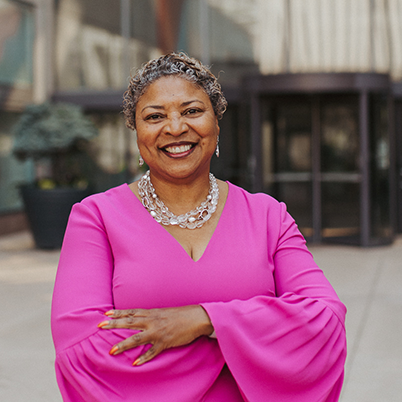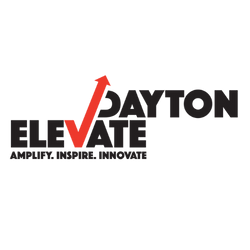Dayton’s service providers continue to help BIPOC- and women-owned businesses survive the pandemic
Many women- and minority-owned businesses rely on specialized aid, including loans made possible by government programs. (Photo "Small business loans" by ccstbp is licensed under CC BY 2.0)
Experts project it will take years for businesses to fully recover from the pandemic.
By Malik Keith, Elevate Dayton
In 2012, Dayton was home to 4,275 women-owned firms, 3,664 minority-owned firms and 1,185 veteran-owned firms, according to the most recent Census data available, the majority of which are concentrated in industries that were disproportionately affected by the COVID-19 pandemic.
Many of those businesses have been able to survive and work back towards recovery thanks to an increase in specialized aid, outreach and other resources offered by local service providers that provide everything from consulting, training, business planning and networking to loans, grants and technical assistance. Examples include Small Business Development Centers, chambers of commerce, universities, libraries, co-ops, faith-based institutions and other nonprofits, but also local, state and federal agencies, banks, credit unions, and community development financial institutions.
Chambers of Commerce, for instance, mobilized to help local businesses learn about grants, loans and other support.
“I have seen more creative and innovative funding for businesses in general over the past two years than I have seen over the last 10 years,” said Belinda Matthews-Stenson, vice president of business inclusion for the Dayton Area Chamber of Commerce (DACC).
Does your organization provide support to women-, veteran- or minority-owned businesses? Elevate Dayton wants to hear from you. Please take our service provider survey.
One of the most well-publicized forms of aid for businesses was the Paycheck Protection Program (PPP). It was established by the federal government through the Coronavirus Aid, Relief, and Economic Security Act and offered loans to businesses that could be forgiven if the funds were primarily used to retain employees. However, the majority of women and BIPOC business owners are sole proprietors, independent contractors and self-employed individuals who don’t have employees and were essentially locked out of the first rounds of funding.
And there were other challenges.
“In order to apply for the PPP, you have to go to a financial institution,” Matthews-Stenson said. “Many of these businesses did not have a strong relationship with a bank or credit union.”
To address this challenge, the DACC held a roundtable with banks and financial institutions to help identify the business owners who needed assistance and helped guide them through the application process.
The Entrepreneurs’ Center, a technology accelerator and business incubator, offers free services to more than 1,000 businesses a year. Businesses owners apply online through the organization's website to find access to mentoring, networking and help with strategic planning.

“I have seen more creative and innovative funding for businesses in general over the past two years than I have seen over the last 10 years.”— Belinda Matthews-Stenson, vice president of business inclusion for the Dayton Area Chamber of Commerce
Approximately 50% of the organization’s clientele is female, while 45% are minority entrepreneurs. Though their mission is to support all businesses, the Center has programming that benefits businesses owned by Black, Indigenous and People of Color (BIPOC) and women.
“We have run some classes for traditional female businesses like beauty salons, day care providers and online sellers, as well as some for veterans,” said Center President Scott Koorndyk. “Instead of providing specialized services to minority- and women-owned businesses, we have relationships with entities that target specific demographic segments as a way to reach their patrons.”
The Entrepreneurs’ Center has been operating in the Dayton area for over a decade.
Koorndyk said some of the clients they have helped during the pandemic were operating part-time “side hustles.” One of the major lessons learned from the pandemic is that in order to qualify for business assistance such as Economic Injury Disaster Loans or PPP loans and grants, side hustles have to operate like traditional companies.
“If someone operated as a casual business and failed to keep financial records, file taxes or register with the state, no assistance was available,” Koorndyk said. “Anecdotally, it appeared that a large portion of those in this situation were female or minority-owned businesses who were operating on thin margins and without help.”
Experts project it will take years for businesses to fully recover from the pandemic. Matthews-Stenson of DACC said it is important to provide aid to BIPOC- and women-owned companies because they bring innovation and opportunities to the areas they serve.
“As you grow Black-owned businesses, the impact is felt in the neighborhoods, in the communities, and in the school system,” she said. “Minority-owned businesses tend to hire more minorities. Women-owned businesses tend to hire more women.”





